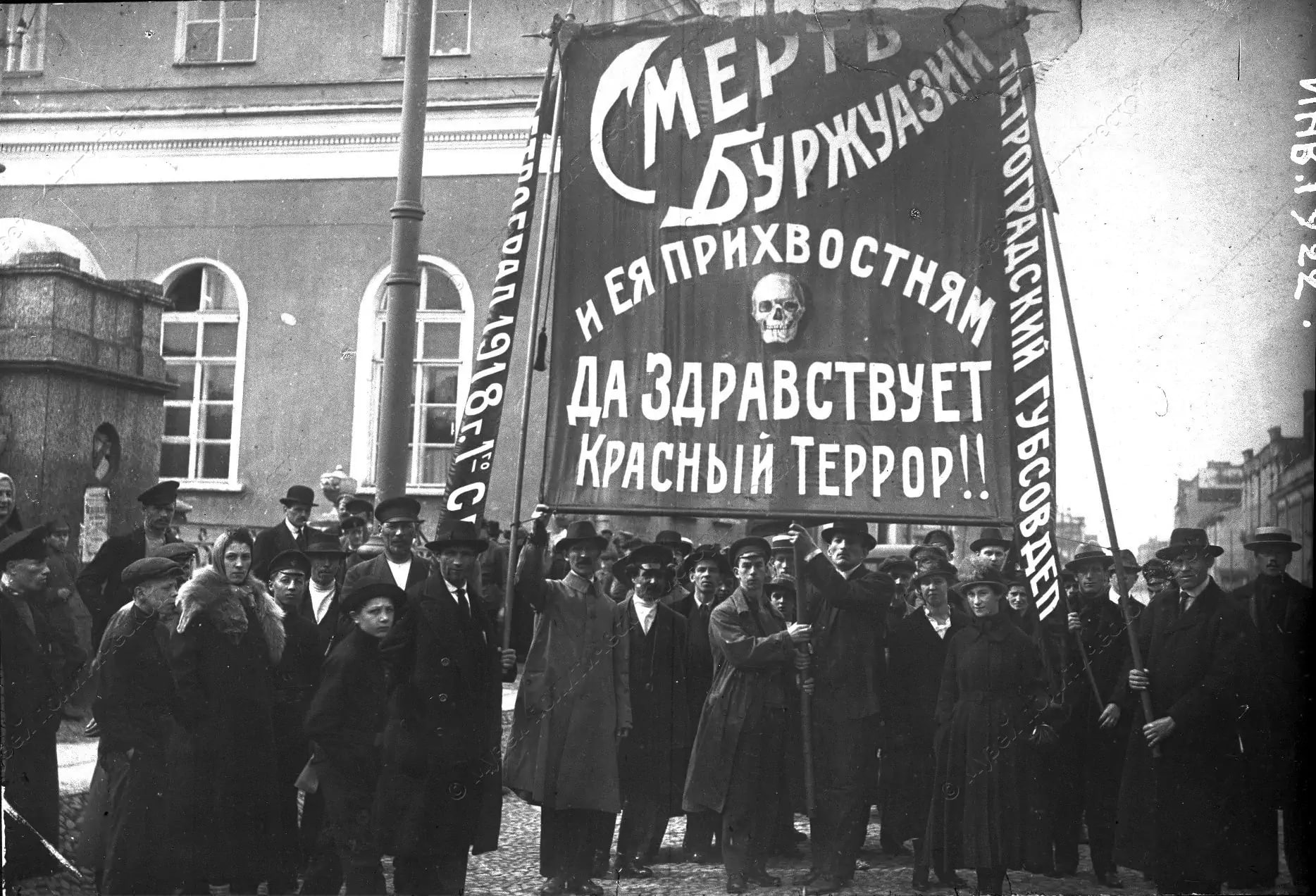Civil wars are messy. Accuracy of information becomes hard to verify. There were excesses that occurred, just like how there are fabrications that occurred. From what little I've read so far into the Civil War, in the beginning stages the Reds tended to be more merciful and normal in their treatment of their enemies whereas the Whites were barbaric, brutal, misanthropic, and prevaricators. As the civil war escalated, the Reds would begin to match the brutality of the Whites - as they realize they wouldn't be shown any mercy - yet were always outmatched in the inhumanity the Whites exhibited.
I'm rather positive that I share their thoughts that if peaceful transition was possible, it would be infinitely preferable to bloodshed. But history shows us that a path towards peaceful or democratic transition to socialism ends with the broken bodies of our dead martyrs.
You don't win by dying for your cause. You win by making the other poor bastards die for theirs.


